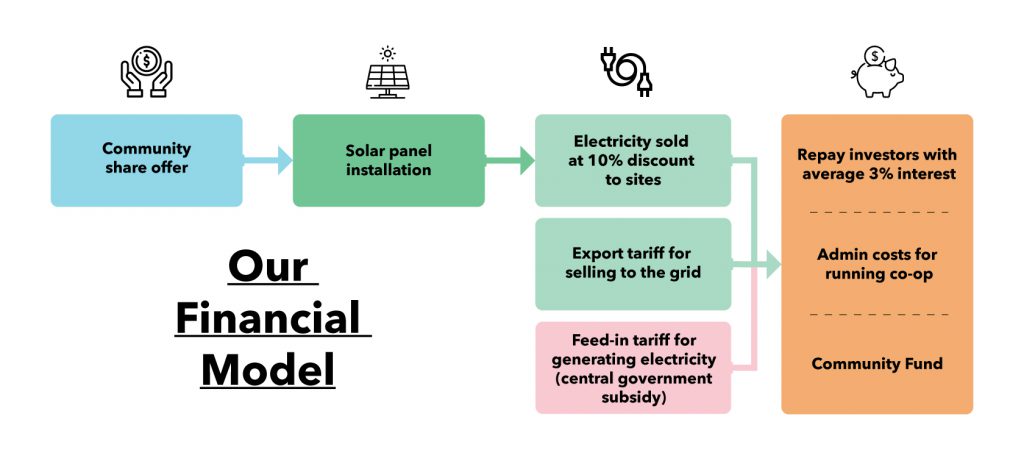As part of Black History Month, we have been thinking about the impact that climate change and social injustice has on people of colour. Across the world and at home, it is often people of colour who are facing the worst effects of climate change and industrialisation. It is also the same people leading the charge to create positive change.
In Canada and the US, it is the indigenous tribes putting their bodies in the way to halt the extraction and transportation of fossil fuels. The water protectors are working to save vast swathes of their ancestral land from being polluted by oil leaks, and in the process protecting the wider environment by making the further extraction of oil financially unsustainable.
In Australia, mining firms destroy sacred sites that display the ancestry of the Aboriginal people going back 46,000 years. Aboriginal leaders fighting this wanton destruction of their heritage were ignored by their Government. At the same time, in Australia and the UK statues of slave traders were being protected by politicians in the name of “preserving history”.
And the land and people of Nigeria continue to be abused by the extraction of oil we cannot afford to burn. Nigerian activists have paid with their lives in the fight to protect their country from abuse and pollution. After decades of oil extraction, the country has the largest number of people living in extreme poverty in the world, while the massive profits from the oil industry are syphoned off shore.
In each case above, the companies causing destruction are doing so to feed our lifestyles. Meaning we have the greatest responsibility for their effects.
And by we, I mean those of us lucky enough to live in the industrialised west. Although we generate more carbon dioxide per person than those living in most other countries, we are some of the least affected by climate change.
Of course, that doesn’t mean everything is great at home. In the UK, it continues to be the poorest people, who are often black or brown, who suffer from the effects of our industrialised living. Ethnic minorities and deprived communities are the people who are hardest hit by air pollution. Two of the areas that Repowering works in, Lambeth and the Royal Borough of Kensington and Chelsea, have some of the most polluted roads in the city. Brixton Road and Ladbroke Grove come up time and time again as air pollution hotspots.
The diverse communities in these areas are not the cause of the pollution. They are forced to live in it, and live with its effects on their health, wellbeing and their pockets. And that’s without the additional pressures of Covid.
It’s clear that the climate crisis is a social crisis, and that those who are least responsible are bearing the brunt of its effects. To create positive, long lasting change, we need to develop a range of solutions, which can only come from a diversity of voices. We need projects that benefit the world and the communities they’re based in. We need to act now with those who are already affected and share the resources we have.
Repowering is one of these solutions. Our solar projects reduce the carbon footprint of community buildings. They share the benefits of clean electricity with community funds that support further positive works in the areas that we’re based in.
Our Community Support Services team help individuals navigate the complexity of the energy system. Our team helps residents to have their debt reduced or written off should they fall in arrears. And our education programmes share knowledge with courses for children, teenagers and peer mentoring of adults.
Living in the UK, we have inherited the benefits of our industrialised society, but that doesn’t make climate change our fault. It does mean we have a responsibility to reduce its impact and support those who are at the sharp end, here and across the world. By working together and listening to those who are most affected we will create positive, long-lasting solutions.
There are many steps we can take to reduce our impact on the environment, from eating less meat to investing in community energy or switching to renewables.
However, for the strongest action we need to work together. Join us in supporting the Climate Assembly Report, lobby your MP, and make your voice heard. Together we can ensure the fight against climate change is a fight against racism and intolerance.
Let’s share our power and make a better, healthier world for everyone to live in.

